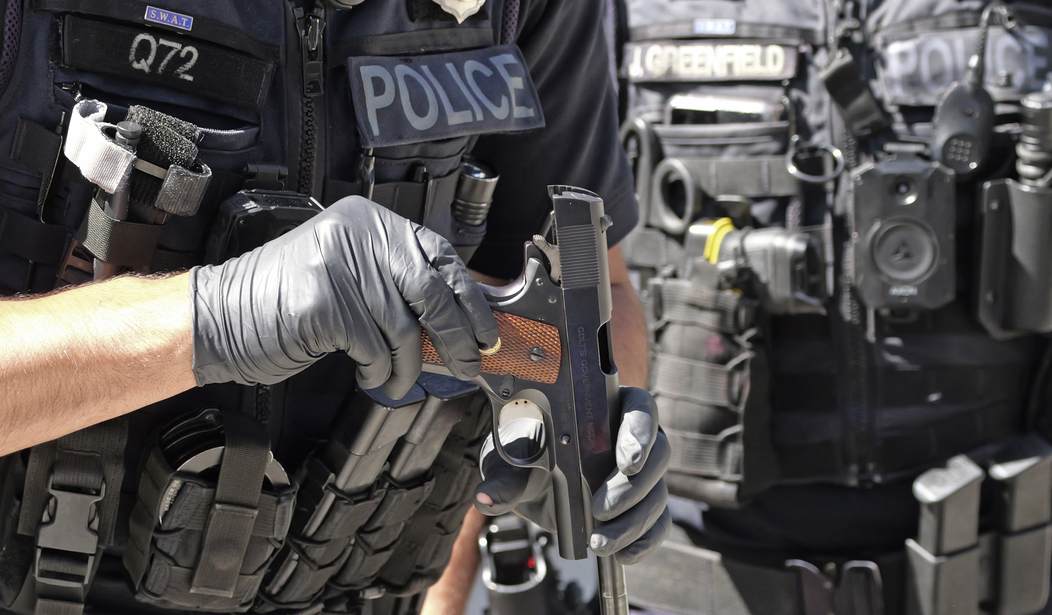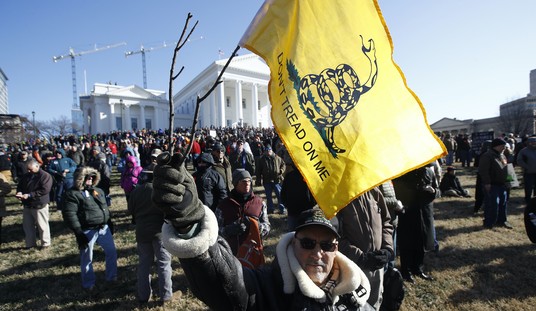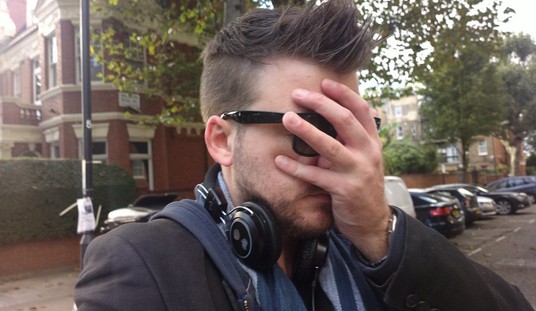Gun buybacks aren't exactly the worst offense an anti-gun community can commit. No one is being deprived of their right to keep and bear arms since it's all being done voluntarily. There are problems with buybacks, including that they make a fantastic place to dump a gun used in a crime, but they could also just toss them in a body of water, so again, it's not the worst thing they can do.
But I don't tolerate people pretending they actually work.
Numerous studies have found that buybacks do nothing at all. They don't reduce crime, they don't make it more difficult for criminals to get guns, nothing at all. Yet officials at a buyback in Philadelphia are still going to try to sell it as if they're accomplishing something.
You would think that pastors and pistols don’t mix, but it was proved otherwise at the August 3 gun buyback at St. Luke’s Episcopal Church in Germantown. Participants received $200 in gift cards for every working gun turned in — no questions asked.
Guns were laid down and prayers of thanks went up, as well as into pockets. Everyone was able to receive a small “pocket prayer quilt” to remind them to pray for peace.
Several churches partnered in the event.
...
Brother Clayton Dew Andre, who spearheaded last year’s buyback as well as this year’s effort, sees the event as a practical matter of cutting crime and accidents, but also in spiritual terms.
“It’s a part of the church’s ministry to bring in a society that values life, that values God’s creation,” Andre said.
Qayyum said that 118 firearms were collected at the buyback.
“That means 118 fewer weapons that can be used to commit a crime,” he said, and spoke of the recent mass shooting at 58th and Girard. “We’ve given out $24,000 in gift cards today.”
Now, in theory, he's got a point. None of those 118 guns--and that's not a terrible haul for a buyback, though it's also not even a fraction of the guns running around the streets of Philadelphia--are now in a position to be used in a crime.
However, the issue is that the odds of any of them being used in criminal activity were pretty low to begin with.
What we've seen from buybacks is that the guns are old, often obsolete or decrepit guns that no one would want to use in the first place. Buybacks are useful places for people to get rid of guns that aren't useful any longer and that no one would buy in the first place.
A handful of others are guns that people inherited and don't want. Those are useful, generally, but what are the odds that those particular guns are going to be stolen by a bad guy? Burglaries happen all the time, sure, but the odds of any particular home being hit are actually fairly small.
So at the end of the day, buybacks don't really do much--again, numerous studies have shown this--but people keep on believing they're doing some kind of good when they're really just wasting time and resources that could be better put to use pulling people off the criminal pathway and into a better life.







Join the conversation as a VIP Member